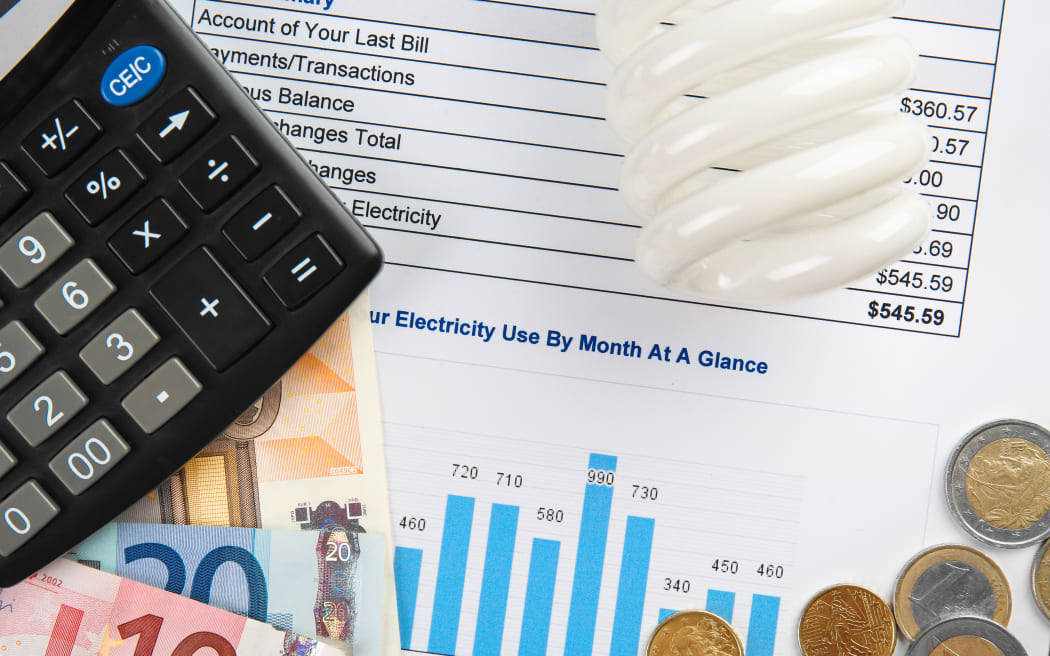
Photo: 123RF
The Electricity Authority is proposing changes to simplify electricity bills and make it easier for consumers to understand and compare plans.
It also wants to shift the onus onto power companes to recommend the cheapest plan consumers should be on.
It comes in the wake of the government's response to a hotly anticipated response to a sweeping review of the electricity sector. It has told the state's three part-owned power companies - Genesis, Mercury and Meridian - the Crown would take part in any capital raising needed for big new projects.
However, it is taking up just two of the review's eight recommendations, leading analysts, businesses and the opposition to say it falls well short of a major shake-up of the sector and will not lead to cheaper bills for consumers.
The Electricity Agency's chief executive Sarah Gillies said feedback suggested consumers found their bills confusing.
"They can't find the key information and that can make it hard for them to understand what plan they're on and figure out if they can get a better deal.
"So we want to make it simpler and easier so people can compare plans and make sure they can get a better deal."
Read / listen:
Why the government's power plan is likely to result in dirtier, more expensive power
The changes the authority is proposing would ensure the bills were clearer so consumers could find the key information "upfront" including: what amount is due, what plan a household is on and how to get help.
At present the onus is on the consumer to weigh up the options and check with their power company on saving money.
"We think the onus should be on the power company to review your current plan at least every six months and let you know if you could get a better deal."
The authority has come up with various ways the power bill could be structured and is keen to find out if they help consumers.
Time of use plans where there are offers such as a free hour were helpful but if a consumer found it unsuitable they should be able to change to something else within a few months, Gillies said.
There were also examples of power companies charging their customers "back bills that can run to many many months".
"That can give people real bill shock ... [and] is really tough on a household budget. So what we are proposing is that there should be a clear six-month limit on how far back your household or small business can be charged."
In the future there should be more innovations so the current initiative will lay the foundations for easier adaptability to looking at better options.
It would only take about two minutes for people to fill out the survey on the authority's website, Gillies said.
The invitation is open until 5 November.








